From September 2015, all new cars must be compliant with Euro 6 emissions standards, which aims to reduce the levels of harmful exhaust emissions such as nitrogen oxide (NOx), carbon monoxide (CO), hydrocarbons (THC and NMHS) and particulate matter (PM).
The new regulations mean that Euro 6 diesel cars must emit more than 50 per cent less NOx than their Euro 5 counterparts.
The legislation has been under constant review since it was first established in 1992 when NOx limits stood at 490mg/km for petrol and 780mg/km for diesel engines.
The latest cuts come as the industry continues to fight-back against so-called diesel demonsiation and the threat of ultra low emissions zones, which could soon see diesel drivers having to pay extra to drive in the city.
Across the Channel, Paris’s mayor has called for diesel-engined cars to be banned from the city all together by 2020 – a bold step from a country that was once an advocate to diesel technology, says Blue Print’s Senior Technical Coordinator, Rob Head.
Diesel demonsiation
Here in the UK, many are blaming government initiatives designed to entice consumers into buying diesel, some of whom are thought to have been mis-sold diesel by the main dealerships.
Defending diesel, the Society of Motor Manufactures and Traders (SMMT) launched a campaign earlier this year to raise awareness of modern diesel engines.
SMMT Chief Executive, Mike Hawes, said: “Today’s diesel engines are the cleanest ever, and the culmination of billions of pounds of investment by manufacturers to improve air quality.
“Bans and parking taxes on diesel vehicles therefore make no sense from an environmental point of view.”
New Euro 6 diesels may be the cleanest ever but, as Blue Print’s Jim Gilmour explained during a Mechanex seminar at Event City last month, that’s thanks to a particularly expensive exhaust system which is likely to push up the price of Euro 6 diesels.
Explaining further, Rob Head told GW: “The exhaust system is much more of a chemistry plant today but the problem still remains, diesels either produce NOx or soot.
“To reduce NOx, you have the EGR system, which produces soot. To reduce soot, you need to burn it off at an extremely high temperature, which of course produces NOx.”
What’s more, a Sunday Times investigation has recently revealed that some new diesel cars emit NOx levels well above the maximum allowed under new Euro 6 standards.
The findings show that diesel cars certified under EU rules are pumping out emissions up to 9.9 times the official maximum.
DPF problems
Diesel drivers are already facing council surcharges in some areas and, with motorists seemingly oblivious to DPF problems, many more are having to pay expensive repair bills to maintain their diesel exhaust system.
Adam Plumtree, Director at A & A Motors in Yorkshire, said: “You could say the salesman are to blame, they just wanted their commission and the technology on the car is irrelevant to them, but really it’s all down to the EU regulations, the parameters that the manufacturers have to hit are too fine.”
“Modern diesels are very expensive to maintain and as soon as everyone went diesel the government put the fuel cost and prices up. It’s a little bit of a conspiracy but now it seems like the government is back-tracking.
DPF Clean Team Business Development Manager, Mark Giles told GW that even if diesel owners are using the best driving practices, DPF related problems could still occur.
Mr Giles said: “These are unavoidable because anything that goes through the exhaust system will pass through the DPF.
“If you’ve got a blown turbo or have problems with your injector system and there is oil or fuel leaving the exhaust system, it’s going to get caught in the DPF and it will block it up pretty rapidly.”
“If a vehicle goes into limp mode with a suspected DPF problem, the first thing we would suggest is a diagnostics check to see if there are any other faults.”
The demise of the small diesel
The long-term future of diesel remains uncertain but some experts are predicting a demise in the small diesel and Head argues that plug-in hybrid technology could be the answer for some motorists: “Frank Massey told us that he recently carried out a DPF and EGR replacement on a BMW, costing the best part of £3,500.
“Compare that to a brand new battery on a hybrid Prius, which costs in the region of £800, that would be £1,100 fitted – Most people think batteries are much more expensive than they are.”
Head went on to explain that the country has not yet got the infrastructure for electric cars but hybrids are now extremely reliable, having similar running costs to diesel and are improving all of the time.
Blue Print say hybrid technical training has taken off over the last few years, mirroring a consumer trend that is seeing an upward trend in sales of ULEVs.
“If you said to a garage 30 years ago that they need to be clued up on how a diesel engine works, they wouldn’t think it relevant but of course the take-up of diesel went through the roof.
“Hybrids are going the same way now, you’ve only got to look at the sales figures.”
Just this week, SMMT figures have shown a four-fold increase in ULEV registrations – are you considering further training for this market and will we really see a demise of the small diesel, despite huge VM investment? Leave your comments below or tweet us @GarageWireUK.



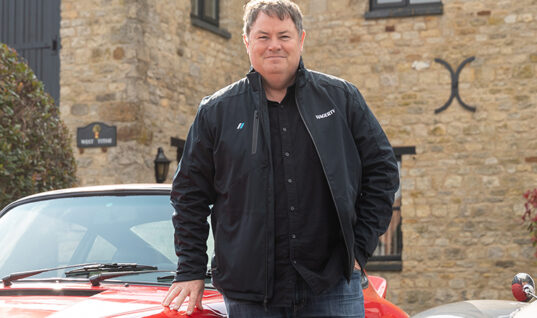
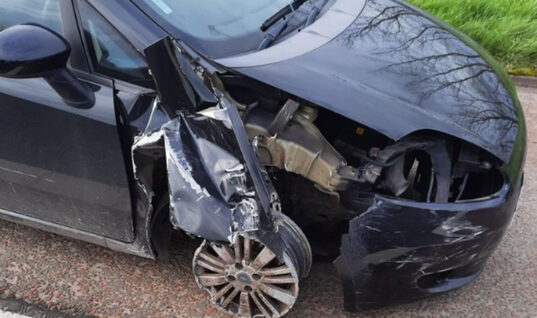
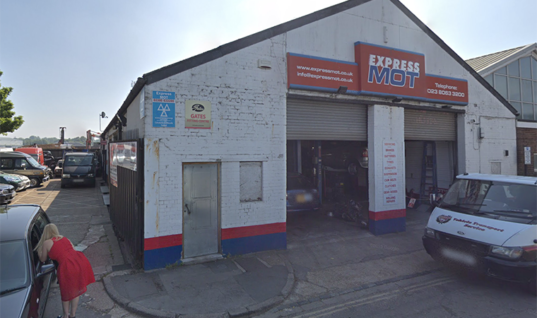
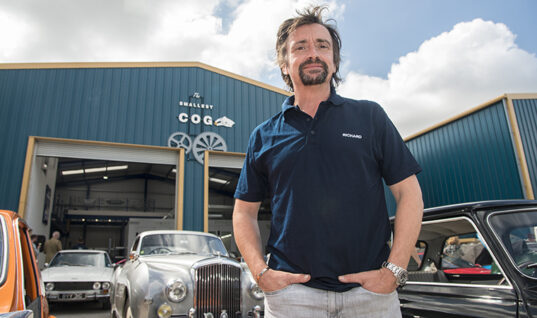
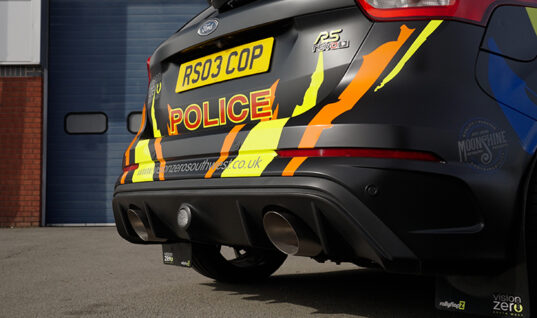
Tony
as a mechanic of some 29 yrs i started when fuel injection was becoming more popular and diesels where just starting to improve so things have moved along tenfold since, its no good setting limits beyond the technology we have right now . we will be looking at training for hybrid vehicles simply because we need to. i am certain that over the next few years these vehicles will start to trickle into the smaller independant workshops and we need to be ready for them.
stuart duff
The emissions are only met at point of sale and deteriorate from there on, we regularly see choked engines, egr valves and intake systems, which cause increased emissions. The Mot only measures Particulates and is outdated. Euro 6 will bring lots of emission problems because of Nox measurement and will provide garages a new stream of work If you have the correct training and equipment to test, diagnose, install and be able to communicate with the car. If you don’t have the training some garages will be left red faced and customers facing large bills and later in life the car will be too expensive to be worth fixing. Interesting time ahead, perhaps a demise of a few garages as well.